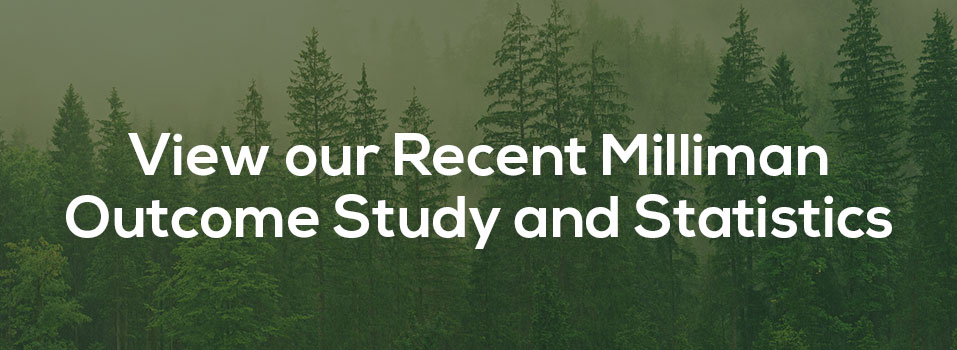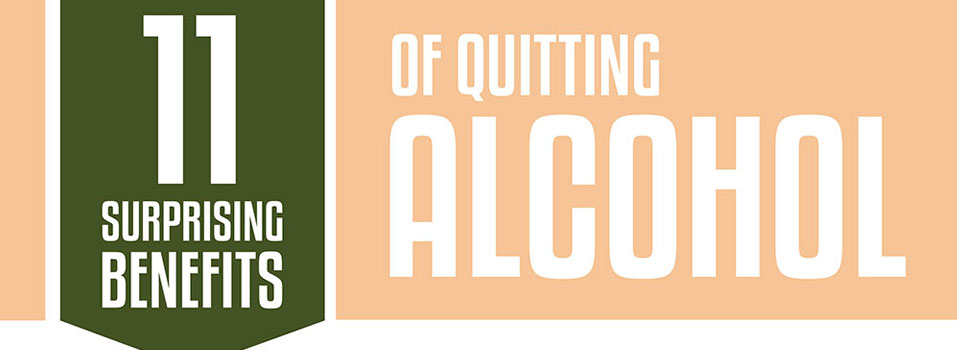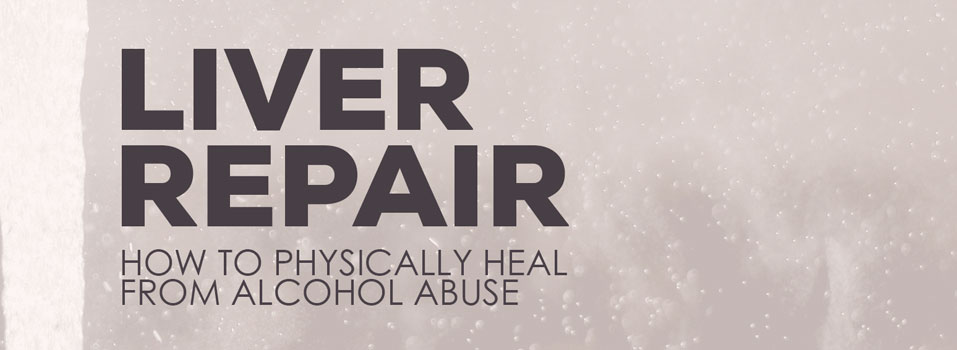2017 Ashwood Recovery Scholarship Winning Essay
by Max S.
I came home around nine one evening to find my father wide awake, though glassy-eyed. I was excited about something at school and I launched into a monologue about it. Dad listened attentively, and I didn’t notice anything odd until I glanced at the clock.
“Dad, what are you doing up? It’s past nine o’clock!” He normally passed out by eight.
He smiled, walked to an end table, drew out some pamphlets and handed them over. “I started a new way of life tonight,” he said.
They were pamphlets about recovery. My knees buckled.
Dad had always been a Jekyll-and-Hyde personality: relentless love and patience punctuated by unprompted rages. That night, he transformed in a way that was sudden and spectacular. The drinking ended but so did the rages. Also the blackouts. I no longer had the daily chore of reminding him what happened yesterday, or what he’d said two minutes earlier.
A week later, Dad took me to one of his meetings. I met his friends, hopeful, gentle people who exuded warmth. He gave me a dollar to put in the basket. At home, we talked about the meeting. I liked his friends, I said. The project met with my complete approval.
He went to bed pleased and I stayed up drinking his leftover beer.
A few months later I realized that, like Dad, I was as miserable as I needed to be.
I’ve heard many tales of bottoming out, some bursting with pyrotechnics: assaults, arrests, running from drug dealers, SWAT teams at the door. My drama played out internally. My mind swirled with fear and self-loathing and my body roiled with poison. I’d moved quickly from getting drunk every other night to getting drunk nightly. My skin bore the pallor of the recently deceased. I struggled through school. One night I staggered into the bathroom and realized that I was shading my eyes from the mirror so I wouldn’t have to look at my reflection.
That was it.
I knew I’d need help to get sober and stay sober. My last attempt to stay sober on my own hadn’t lasted 12 hours. But thanks to Dad, I knew where to go.
I barely remember my first meeting. There were readings. I interrupted and asked questions. Afterwards, they said they’d be back the following night at eight and could I make it?
“I think so.”
“Do you think you can stay sober until then?”
I said, “I don’t know.” It may have been the first straight answer I’d ever given.
They gave me their phone numbers. “Call before you drink,” they said. “If you call after you drink, it won’t help you and it won’t help us. If you call before you drink, you might not have to drink.”
They added, “We’re not doing this because we’re Mother Teresa. We’re doing it because it helps us stay sober.”
Something clicked.
If people reached out to me, I always figured they wanted something, probably money. Or maybe to convert me. And any dubious motivation they had would be cloaked in the even more dubious motivation of altruism.
But these people made no such claim. They were helping me because it helped them. Saving my life was a fortunate side effect of their relentless self-interest. They were in it for themselves.
These were my people!
I didn’t drink that night, or the next day. Whatever they gave me at the meeting was strong enough to keep me sober for 23 hours. The next night they gave me more. They didn’t wash away all my concerns, my fears and resentments, but they gave me tools for dealing with those concerns. It was good stuff. I kept going back for it. I supplemented it with therapy. I’ve been sober ever since.
I didn’t move casually toward the idea of becoming a therapist and working with people in recovery. It took thought and research. I knew that what therapists do in offices and treatment centers is different from what recovering people share in church basements and diners. Neither one replaces the other.
A friend told me I could just become a Certified Alcohol and Drug Counselor. Then I could work in a treatment center and help people toward recovery.
But it’s not all about alcohol and drugs. Once the addict removes the drug, what’s left to address is everything else. Clear away the chemicals and you’ll find the problems that chemicals masked: childhood issues, abuse, social anxiety, a lack of living skills, and all the results of a prolonged period—perhaps a lifetime—of getting drunk or high instead of learning how to get real needs met.
This is a significant issue. The recovering addict finds herself suddenly feeling the pain of years of unmet needs, and doesn’t know how to meet them. For example, people require a certain amount of nourishment from others. We need positive feedback, to see a pleasing reflection of ourselves in the eyes of those who love us, that is, in the eyes of our intimates. This is a tough need to get met if, on cleaning up, addicts discover they don’t have any intimates, that they don’t have real friends and never learned how to make friends.
I’m beginning an MSW program with a Certificate in Addiction Counselor Training. Ultimately, I’ll be a Licensed Clinical Social Worker and a Licensed Certified Alcohol and Drug Abuse Counselor. I’ll be able to assess a client and develop a treatment plan for assessing key concerns such as living without drugs and alcohol, developing life skills, and learning to get needs met in an appropriate way. I can work with the individual to make change and achieve progress, and put in steps to prevent relapse. I can help people turn their lives around, from utter desperation to hope and potential. I can help them as I was helped, to start their lives again in a vast do-over.
And I’ll do it, not because I’m Mother Teresa, but because it helps me.





